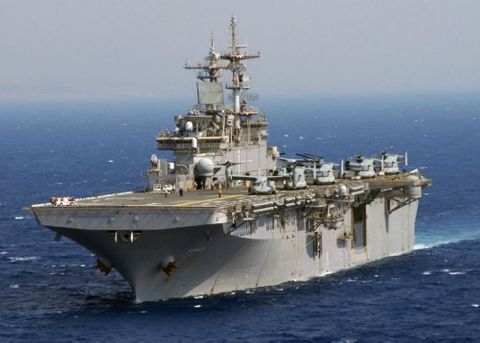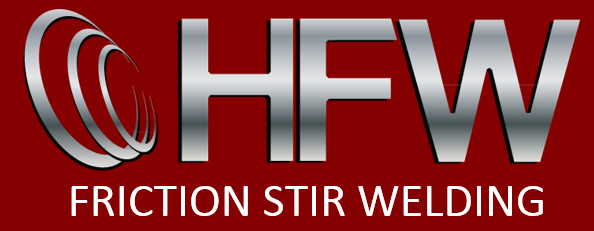Marine
The marine industry has made a rapid conversion to aluminum friction stir extrusions and was one of the first sectors to utilize friction stir welding for commercial applications. HFW Solutions focuses on improving productivity in manufacturing, reducing the need for reworking, and identifying and remedying problems of corrosion and fatigue for the marine industry.
HFW Solutions has friction stir welding and manufacturing capabilities for many products in the aerospace industry such as:
Flooring | Bulkheads | Decks | Walkways | Gangways | Panels | Walls | Docks | Seawalls

INDUSTRY PRODUCTS
The marine industry was one of the first sectors to utilize friction stir welding for commercial applications. HFW has the ability to produce:
Integrated Flooring, Deck & Bridge Systems
- Flooring | Bulkheads | Decks | Walkways | Gangways
Integrated Structural Systems
- Panels | Walls | Docks | Seawalls
ADVANTAGE
- Reduce factory fabrication and assembly time thus improving client project’s return on investment
- Minimize distortion of large panels by using friction stir welding joined aluminum
- HFW products have superior mechanical properties compared to traditionally fabricated products
- HFW can provide ABS certified products
- Weld, machine, and fabricate single parts and assemblies up to 55 ft. (17 m) in length
Applications
The marine industry has made a rapid conversion to aluminum friction stir extrusions and was one of the first industries to utilize friction stir welding for commercial applications. FSW, in the marine industry, is generally used to join multiple sheets of metal together to form large panels.
FSW is a solution to the many problems companies have been facing with welding aluminum such as high distortion and poor weld quality. The military uses several ships with parts that have been joined together using this method. Using friction stir welding aluminum products on ships causes a lighter structure, without sacrificing strength, which results in fuel savings.
